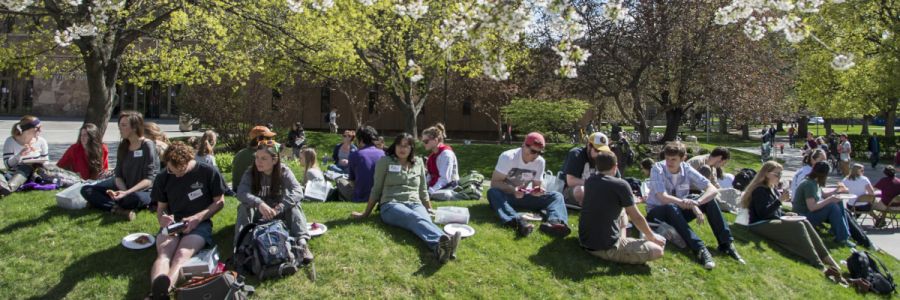Activism Rights and Responsibilities
- Activists should remember that they are attempting to create positive change. Stick to your mission and morals.
- Protests or acts of activism that prevent academics are not protected.
- Clothing and visual symbolism are protected forms of activism.
- The Constitution gives you the rights to peacefully protest, and also gives the rights to those who would like to counter protest. Both parties are legally protected to peacefully protest.
- Protesters have the most rights when they are not blocking walkways or paths. The Police may ask protestors to move from blocking sidewalks, roads, etc.
- Here are two helpful links that briefly explain some of the rights of Student Protesters.
Student Code of Conduct and Interaction with Law Enforcement
Understand the UM Student Conduct Code. The at the 91次元 embodies and promotes honesty, integrity, accountability, rights, and responsibilities associated with constructive citizenship in our academic community. This Code describes expected standards of behavior for all students, including academic conduct and general conduct, and it outlines students' rights, responsibilities, and the campus processes for adjudicating alleged violations.
Keep the following principles in mind in the event you come into contact with law enforcement while you are exercising your right to protest.
- Stay Calm: If you are approached by law enforcement, try to control your emotions and stay calm. Do not argue or resist a police office, even if you believe that they are acting unlawfully. Keep your hands visible. Calmly remind the officer that the First Amendment protects your rights to free speech and assembly, which includes your right to be involved in a protest.
- Taking Photos and Videos During a Protest: When you are lawfully on public property, you have the right to photograph or record anything in plain view, including the police so long as you do not interfere with legitimate law enforcement activities.
- Arrest or Detention: If you are stopped by law enforcement ask if you are free to leave. If they say yes, then calmly walk away. If they say no, you may ask whether you are under arrest and if so, why. Do not argue with them. Remember you have the right to remain silent. You can also request to speak to an Attorney. Do not say or sign anything without first talking to a lawyer. If you are arrested, you can request to be allowed to make a local phone call and the police cannot listen to your conversation with your lawyer.
- Being Searched: Law enforcement may pat down your clothing if they suspect that you have a weapon. Otherwise, they can only search your person if you consent-which you are never required to do OR if they arrest you.
If you have concerns about your rights, you can contact , located on the first floor of the University Center.
